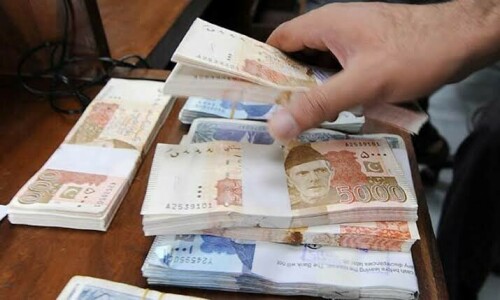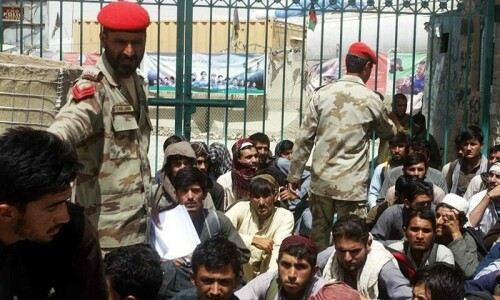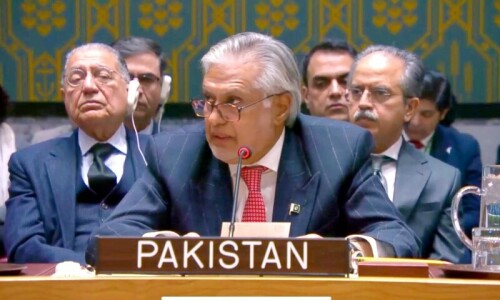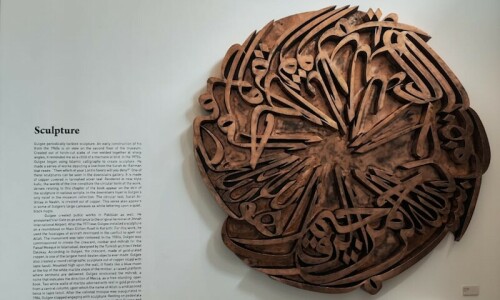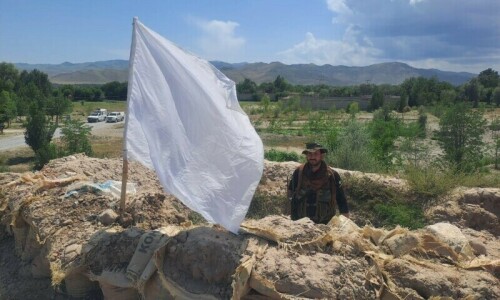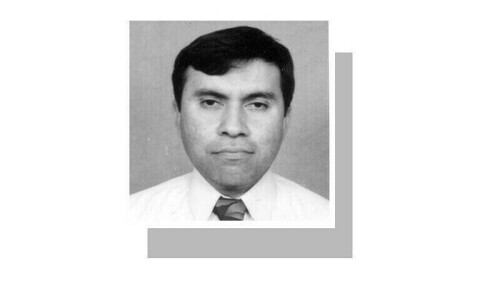KARACHI: Only one to two per cent of all drugs manufactured in Pakistan are in short supply in the market and the price increase under `hardship cases’ is also`very nominal’, senior executives of multinational companies claimed on Friday.
Talking to reporters at the Pharma Bureau Office on Friday, Vice President and CEO of GlaxoSmithKline Pakistan M. Azizul Haq, Country Manager of Lundbeck Pakistan Muhammad Aslam Shaikh, MD of OBS Pharmaceutical Arshad Hussain and PB Chairman Kazim Hasnain said that the Drug Regulatory Authority of Pakistan (Drap) was focusing more on price hike issue on which the industry did not have any serious arguments.
They said that cough syrups were in short supply in the market because of late release of narcotics quota by the government. Several low-priced drugs, they said, were out of production because of non-viability. Anti-TB drugs used to be produced by over a dozen companies only a few years ago but now because of strict price control only one company was currently producing these drugs but that too had informed Drap that it would have to discontinue its production in coming weeks.
Despite increase in prices under hardship cases, the prices of drugs being produced in Pakistan was still the lowest in the world, they claimed.
The more serious issues confronting the industry, they said, was pending applications for introducing a number of new drugs for the last few years. They said that Drap was also giving secondary importance to the issue of quality drugs which were being manufactured.
They said that the government was least bothered about exit of several companies from Pakistan and a lack of interest by current players in making new investment despite good potential.
Drap should also ensure deregulated environment for the current players so that they could make future investment in Pakistan. Giving an example, they said, there were currently 22 MNCs operating in Pakistan as compared to 36 some 10 years ago.
They urged Drap to become an independent body which regulated the medicine sector instead of controlling the prices.
The executives asserted that India and Bangladesh were far ahead of Pakistan.
“Bangladesh has four FDA-approved plants as compared to 150 in India while there is no FDA-approved plant in Pakistan.”
They said no efforts were being made to stop smuggling of medicines as cheap medicines were being smuggled out from Pakistan. They claimed that unrealistic and harsh price controls on the one hand was promoting smuggling of low-priced drugs and on the other it was driving essential drugs out of the market, creating space for counterfeiters.
Drap has increased charges of various approvals significantly between 2010 and 2012.
“For example the submission of a `hardship case’ for any product has been increased by over 1,900 per cent and for registration of increase in fee has been increased from 150pc to over 550pc,” they said.
“Even charges for renewal of existing registration have gone up by over 150pc, and in the backdrop of these increase, Drap expected the pharmaceutical industry to continue to sell its products at prices which prevailed in 2002.
A transparent market-based system of drug registration and pricing would ensure continued availability of essential drugs in the market as well as help our local industry to grow and compete in the world market.
Otherwise, they said, manufacturers would be forced out of business and all drugs would have to be imported at 10 times higher than the current prices.
Published in Dawn, May 29th, 2016




